Keen shared his experiences and insights as a program administrative specialist in an interview with the Department of Cell Biology and Molecular Genetics.



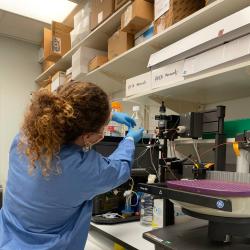
Gabriela Arp, a Ph.D. candidate in UMD’s Biological Sciences Graduate Program, says our gut microbiomes house hormone transformers with the power to change our bodies and brains.
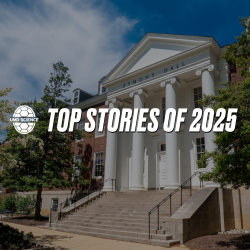
As 2025 comes to a close, take some time to revisit our most-read stories of the year and discover some that you may have missed.


Megan joined Cell Biology and Molecular Genetics as a Program Specialist and is now a Program Coordinator.
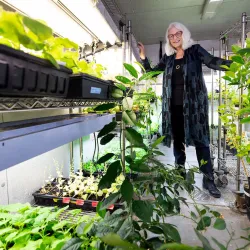
A plant virologist and longtime “The X-Files” scientific adviser, Simon is donating $15 million to support two endowed professorships, one in virology and another in RNA or plant biology; multiple postdoctoral fellowships; and multiple graduate fellowships.
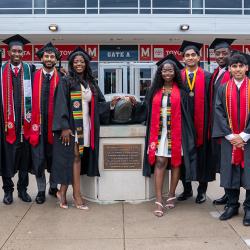
Over 200 students from our college graduated in August 2025.

Rui Yin (Ph.D. ’24, biological sciences) harnesses the power of AI to take on the challenges of drug discovery at Absci.

This summer we celebrated the retirement of Dr. David Straney from CBMG after over 35 years supporting and mentoring students at UMD. We wish Dr. Straney all the best in his well-deserved retirement!
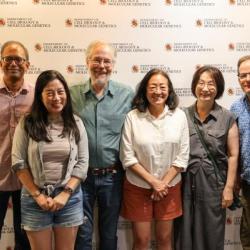
This summer we celebrated the retirement of Dr. Steve Mount from CBMG after over 30 years supporting and mentoring students in the department. We wish Dr. Mount all the best in his well-deserved retirement!
